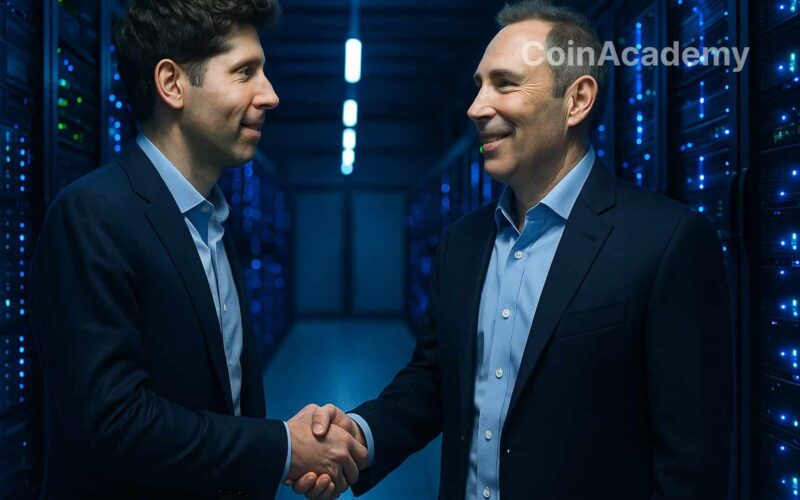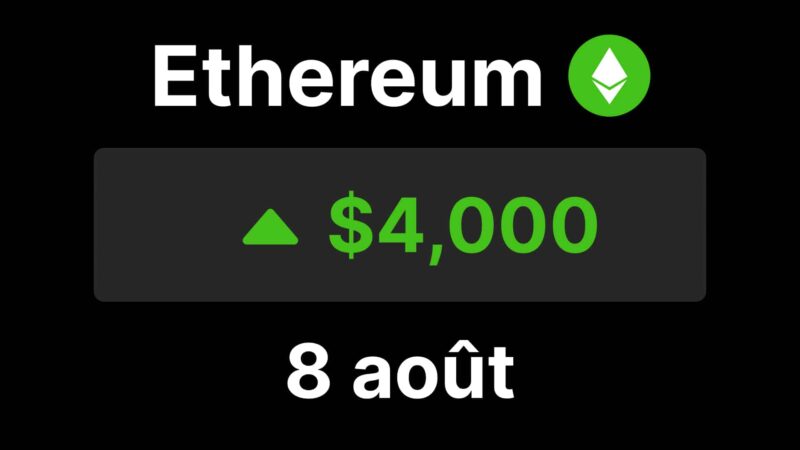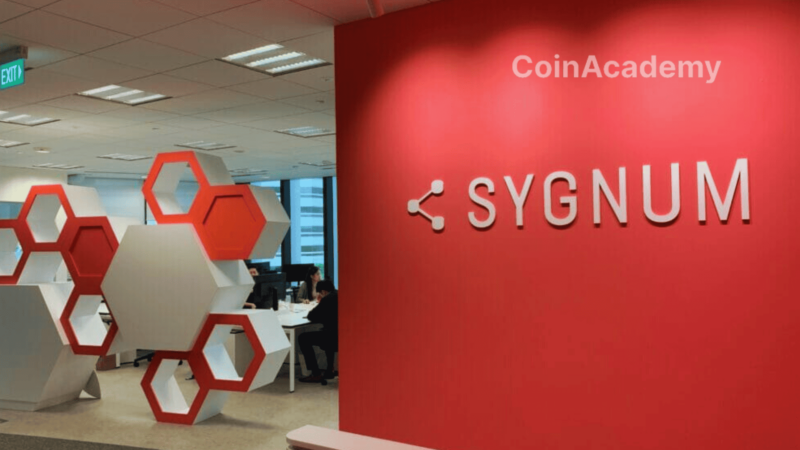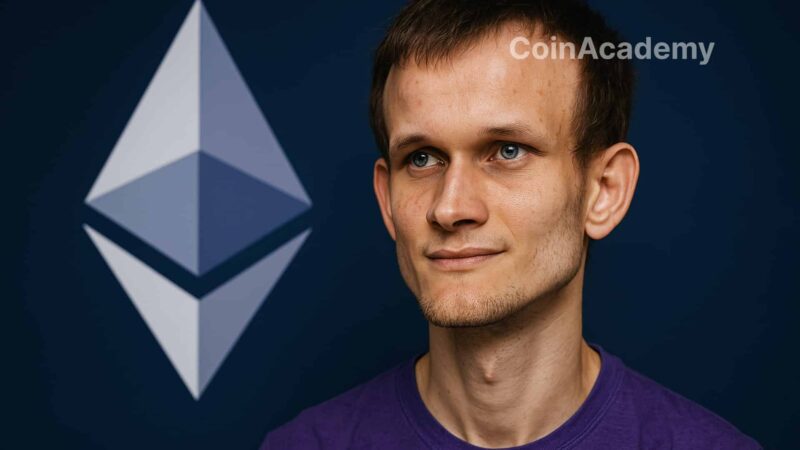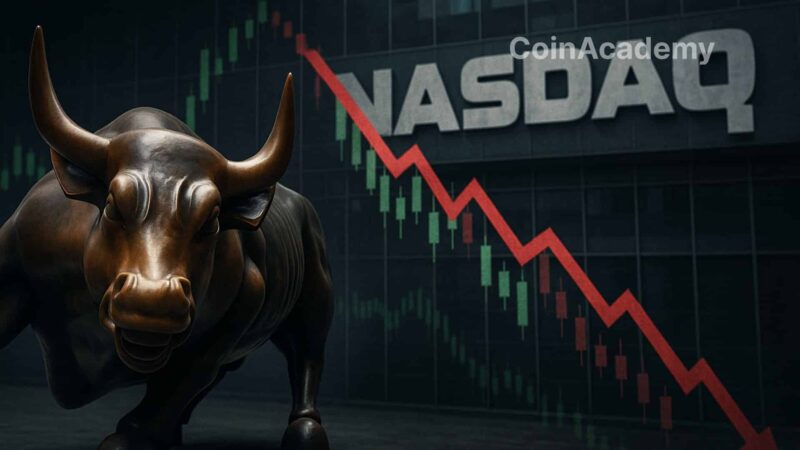OpenAI is shifting into high gear. The company behind ChatGPT has just finalized a monumental deal of 38 billion dollars with Amazon Web Services (AWS), sealing one of the most ambitious partnerships in the history of artificial intelligence.
This seven-year alliance gives OpenAI immediate access to Amazon’s infrastructure, including the valuable Nvidia chips, to run its models and services on an unprecedented scale. The deal also propels Amazon to the forefront against Microsoft, OpenAI’s historical partner, while reinforcing its position in the global race for computing power. The immediate result: Amazon’s stock soars over 5% on Wall Street, reaching a new all-time high.
An Unprecedented Power Hunger
With this new agreement, OpenAI now approaches nearly 1.5 trillion dollars in cumulative commitments for IT infrastructure from industry giants: Nvidia, AMD, Oracle, Broadcom, Google, Samsung… The start-up led by Sam Altman thus secures a central place in the global AI ecosystem.
These colossal contracts are spread over time: OpenAI will pay as computing capacity is developed and delivered. Meanwhile, a small internal team orchestrates these strategic negotiations with minimal external advisors.
The goal? To build the largest global network of AI-dedicated data centers capable of supporting the rise of increasingly power-hungry models. Sam Altman has announced plans to add the energy equivalent of a nuclear power plant weekly by 2030. An ambitious goal, raising questions about both its feasibility and cost.
Massive Losses, Yet Grand Vision
While revenues for OpenAI have surged to 13 billion dollars annually, the energy and material bill rises even faster. According to Microsoft’s latest data, financial and technological partner, the start-up reportedly lost nearly 12 billion dollars in the last quarter.
But Altman remains steadfast: “We are betting that growth will follow“, he affirmed in an interview with investor Brad Gerstner. The entrepreneur already envisions 100 billion dollars in revenue by 2027, confident that ChatGPT, in-house cloud services, and future consumer devices from OpenAI will create “unprecedented economic value”.
Towards an IPO and Enhanced Independence
OpenAI has recently completed a major restructuring: for the first time, investors can now directly hold shares in the company. This change paves the way for a future IPO, while streamlining future fundraising efforts.
Another strategic consequence: the renegotiation of a contract that gave Microsoft a right of first refusal on new cloud partnerships. As a result, Amazon was in the clear.
Beyond the numbers, one thing is certain: OpenAI no longer wants to just create AI models. It aims to own the global infrastructure that will run them. If successful, this ambition could reshape the balance of the entire technology industry.
